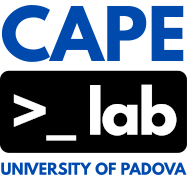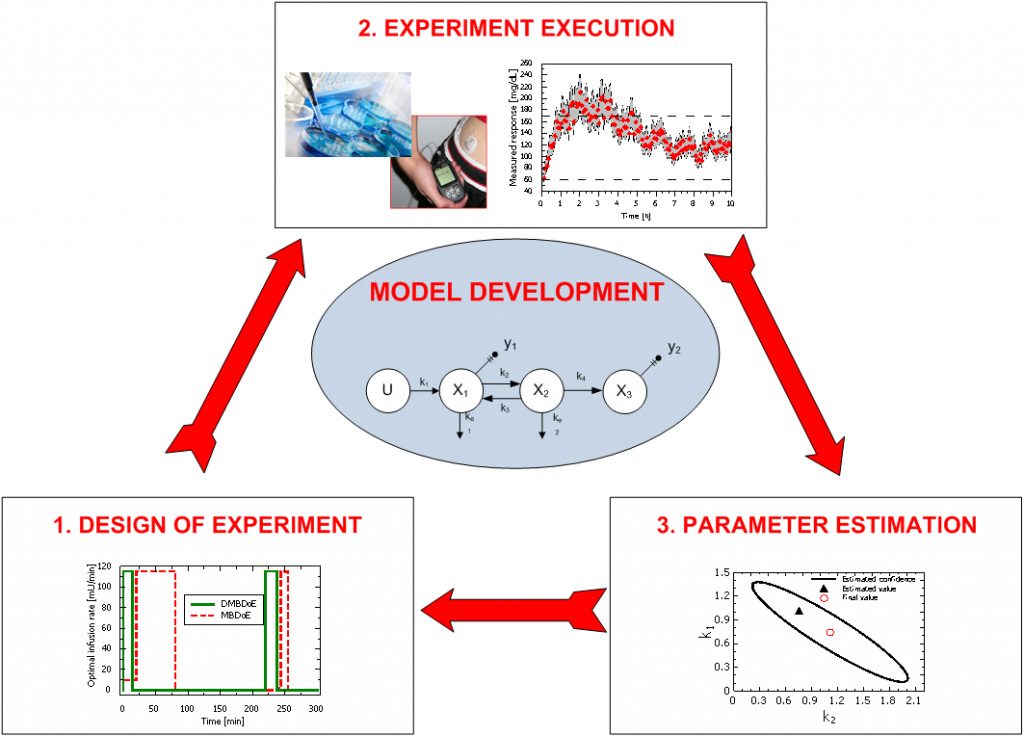The physical knowledge on a system can be exhaustively summarized in a compact form by using a mathematical model which can be used for both simulation and optimization purposes. In order to investigate and validate the adequacy of one or more candidate models, experiments must be carried out in a controlled environment (e.g., the laboratory). The reliability of a mathematical model is firmly related to the identification of a suitable model structure as well as to the precise estimation of the model parameters.
However, model development may become an extremely challenging task if the experimental settings are chosen without considering any scientific rationale. CAPE-Lab developed specific techniques for the optimal design of experiments allowing to maximize the amount of information which can be obtained from experimental data, while minimizing at the same time the economic impact required by the experimentation.
Optimal design techniques have been successfully tested on a wide range of applications in both process engineering and biomedical engineering, including pharmacokinetic and pharmacodynamic models for drug development, physiological models for the management of diabetes, cancer and coagulation disorders.



